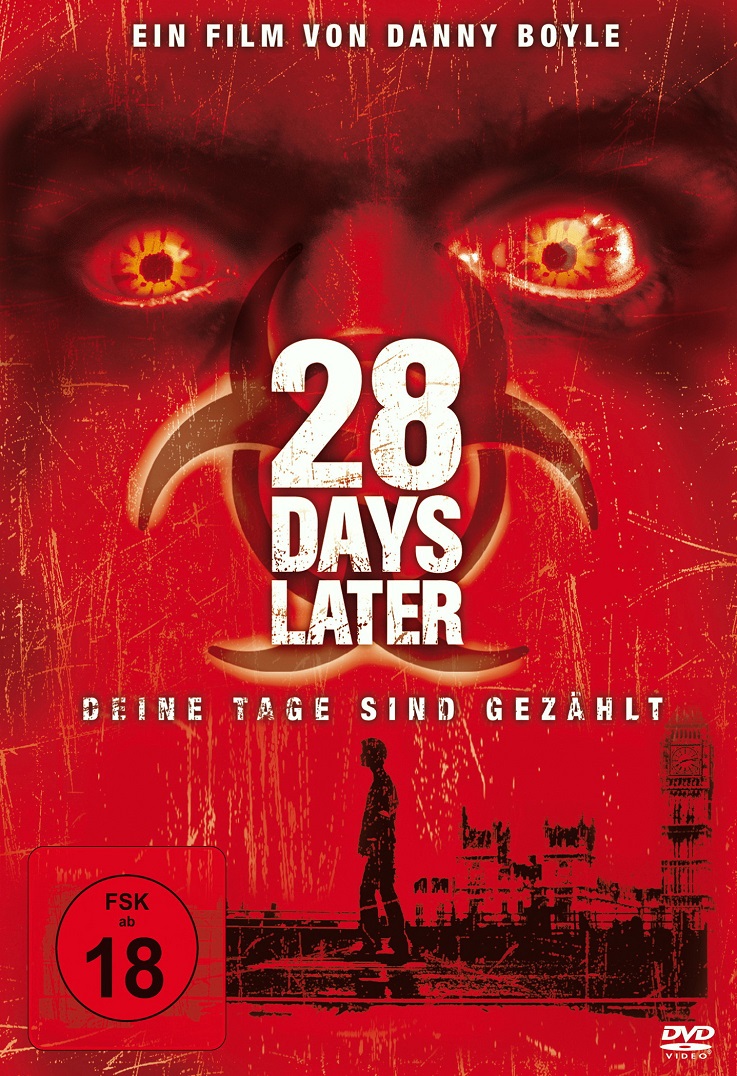
Introduction
’28 Days Later,’ directed by Danny Boyle and released in 2002, is often credited with reinvigorating the zombie genre in cinema. This post-apocalyptic horror film introduced audiences to an intense narrative and brought a fresh perspective on the themes of survival and societal breakdown. Its relevance persists today, influencing not only films but also video games and television series in representing the horror of a zombie apocalypse.
The Story Behind ’28 Days Later’
The film tells the story of a group of survivors navigating a deserted London following a viral outbreak that turns people into rage-fueled zombies. The unique twist is that these creatures are not the slow-moving, shambling zombies commonly seen in earlier works; instead, they are fast, terrifying, and relentless. This aspect changed the pacing of horror films and challenged the traditional conventions associated with zombie storytelling.
Critical Reception and Influence
’28 Days Later’ received critical acclaim upon its release, praised for its cinematography, realistic portrayal of post-apocalyptic society, and chilling atmosphere. The film’s low-budget production, which grossed over $82 million against a budget of only $8 million, demonstrated how effective storytelling could triumph over financial constraints. Its success paved the way for subsequent zombie films and TV shows, such as ‘The Walking Dead,’ ‘World War Z,’ and numerous video games, all of which borrowed themes and elements introduced by Boyle’s film.
Legacy and Cultural Significance
Beyond its immediate commercial success, ’28 Days Later’ sparked discussions about human nature in crisis situations and the collapse of civilization. It served as a reflection of contemporary fears, especially resonating during times of global crises such as pandemics, natural disasters, or political unrest. The film’s gritty realism and emotional depth allowed it to transcend typical horror fare and elevated it to cultural commentary.
Conclusion
Today, ’28 Days Later’ remains a key reference point in the zombie genre, underlining its significance in shaping modern horror cinema. Its influence can be seen in countless works that followed, illustrating a shift in how horror narratives can reflect societal anxieties. As audiences continue to seek stories that explore survival and human resilience amidst chaos, the legacy of ’28 Days Later’ will likely endure for many years to come.



